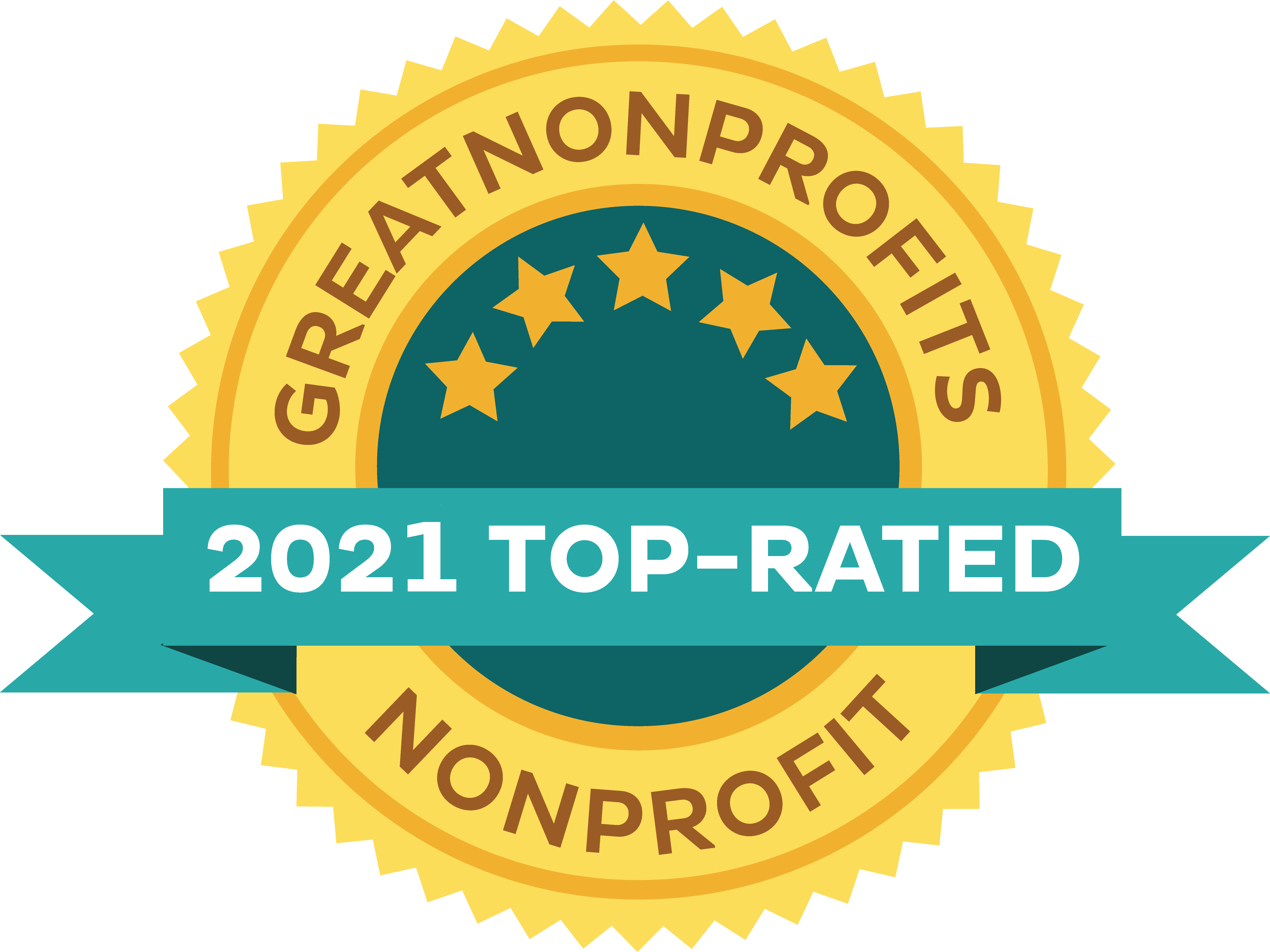The Institute is devoted to the study of the ancient record of therapeutic practice, particularly the use of plants. Pursuing its innovative strategy of investigation, it does not limit its activity to searching the books that transmitted this ancient knowledge to present day, digitizing these precious and unique remains of the past, and deciphering, computerizing and analyzing their information, but it also includes collecting the plants that made the substance of ancient remedies.
One of the most urgent tasks in the Institute is to compile a Census of the flora of Classical Antiquity. The Mediterranean region is indeed the third richest area for biodiversity. Given the current loss in the range of species worldwide, a census of the ancient vegetation is an urgent need. After IPMT Scientific Director Alain Touwaide has accumulated a massive quantity of textual information, he is now collecting archeological material documenting the range of plants in Antiquity.
The successful analysis of ancient medicines dating back to 140/120 BC (whose results were officially presented for the first time in Rome, at the University La Sapienza in May), has opened the way to further analyses of archeological remains made of plants (perfumes, wine, and other traces of foodstuff) to be conducted in collaboration with geneticist Robert Fleischer of the Smithsonian Conservation Biology Institute.
Textual and archeological data collected at the Institute will be complemented with living plants. The Institute is currently working to create a Mediterranean garden in collaboration with Orange County Great Park at Irvine, California. IPMT Scientific Director Alain Touwaide made a presentation on June 15th, capitalizing on the work performed by IPMT Trustee Robert Sullivan. They presented to a selected audience the project of an Hippocratic Garden that will grow the whole range of species used by physicians in Antiquity to treat the ailments of their patients.
Several institutes and departments of the University of California network will collaborate to the program, bringing expertise in agronomy, agriculture, and garden landscape, and also DNA identification and pharmacology. Also, the Institute will create a network of historical gardens, not only with the Hippocratic Foundation in the birthplace of Hippocrates, the island of Kos, Greece, but also with other gardens, displaying different traditions and plant lore.
In so doing, the Institute creates a truly unique and unprecedented collection of material for the study of the medical legacy of ancient Greece, from manuscripts and texts to the plants, their DNA and their therapeutic applications, past, present and certainly also future. The network of gardens will allow for comparative work through different groups and traditions.


